
About Sociology
About Sociology at UCCS
The UCCS Department of Sociology is committed to expanding a sense of belonging and global awareness through our teaching and research. Our faculty utilize an interdisciplinary approach and multiple methodological and theoretical approaches to study various social justice issues.
A Message from the Department Chair
Dr. Jeffrey Montez de Oca, Professor and Chair
Sociology helps us to understand and answer questions about the world we live in. Why has Israel invaded Palestine, again? Why are pronouns so important? What is happening to the “traditional family”? Why is there a growing number of billionaires while unhoused populations swell?
The Sociology Department has award-winning faculty in teaching, service, research, and diversity who can help you wrestle with vexing questions. Students will find that our faculty are caring and compassionate and work hard to you achieve your professional and academic goals. Our high-quality in-person and online teaching is reflected in consistently high student evaluations and positive student emails.
Our students receive thorough training in academic skills needed for graduate studies:
- Critical thinking
- Theory building
- Writing
- Social research methods
- Research presentation
Our students also develop professional skills valued in private and public sector jobs:
- Communication
- Leadership
- DEI
- Conflict management
- Teamwork
- Emotional intelligence
- Questionnaire design
- Data analysis
As a result, employers value the well-rounded education of our students.
Academic Focus

In addition to the BA, we offer three double majors, one dual degree, six certificates, a gerontology minor, and online degree completion options.
Faculty support students through providing research support and multiple opportunities for professionalization, including internships with local community-based organizations linked to students' areas of sociological interest.
Faculty & Research
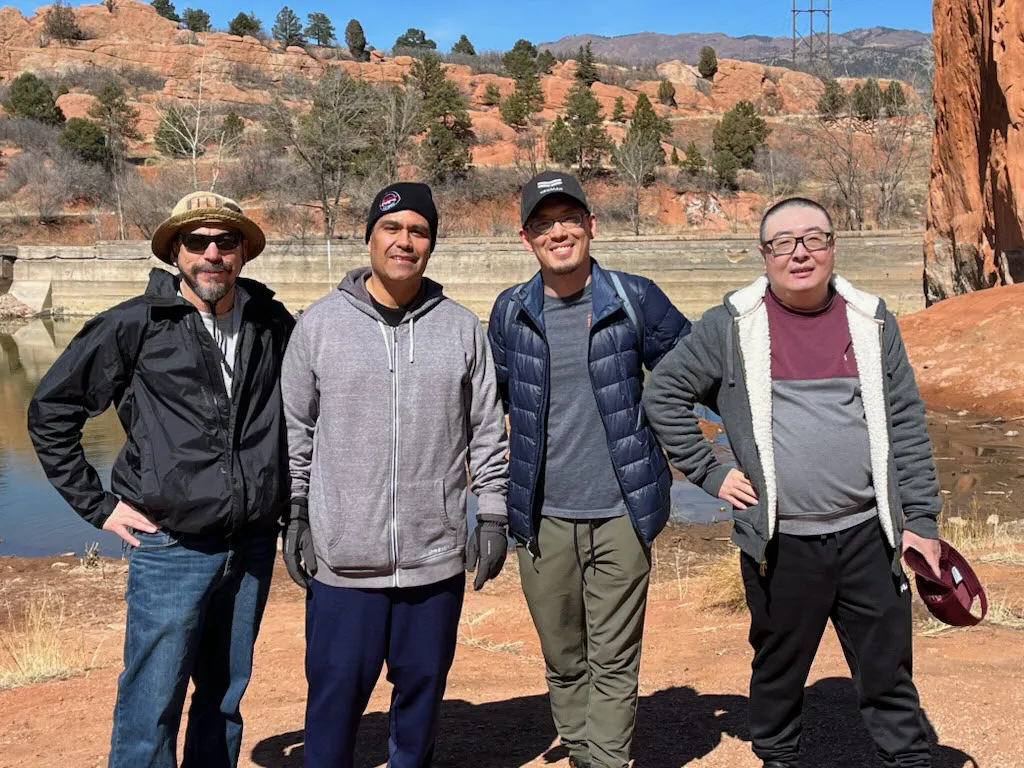
Our faculty specialize in a broad range of sociological topics and approaches. Topical specialties in the department include:
- Law, Deviance, & Criminalization
- Sports & Society
- Disaster Response
- Media & Popular Culture
- Globalization & Development
- Urban Societies
- Class Stratification
- Food Security & Sustainability
- Family
- Aging & the Life Course
- Disability
- Healthcare
- Sexuality & Gender
- Race & Ethnicity
- Social Problems, Social Inequality, & Social Change
- Public Affairs, Political Sociology, & Organizational Sociology
- Quantitative & Qualitative Research Methods
- Emerging Technology in the Digital World
Mission Statement
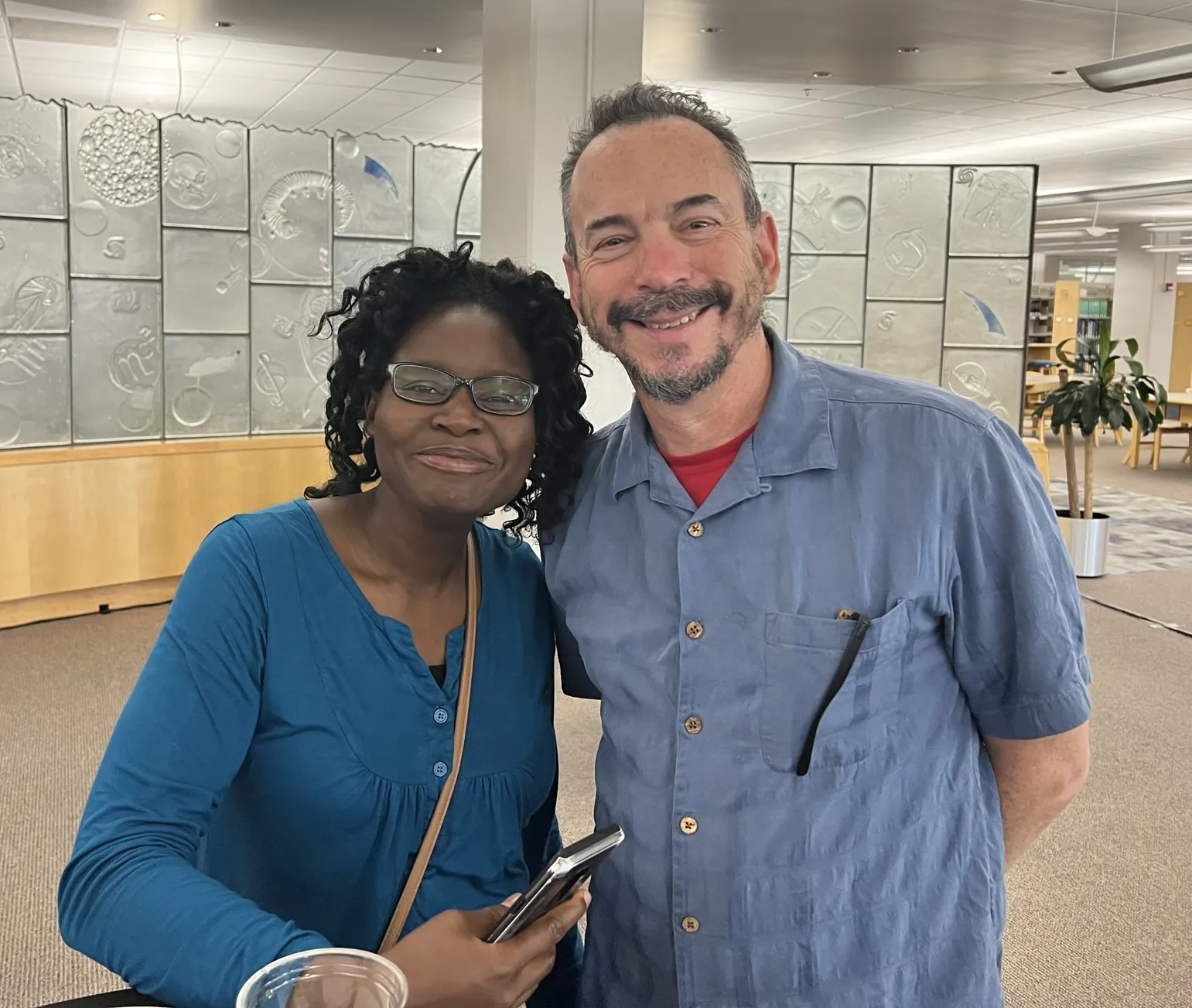
The UCCS Department of Sociology is guided by a vision of social justice.
We provide methodological and theoretical frameworks to transcend individual experiences in order to understand social life.
We study the broader social structures that are shaped by diverse social identities, systems of stratification, and culture, all in a global context, in order to advance equitable and just social change.
Vision Statement
The Department of Sociology strives to provide the best college learning experience in Colorado by providing students with the skills to decipher many forms of social inequality, recognize social injustice in their lives and local communities, and influence social change in the US and globally.
DEI Statement
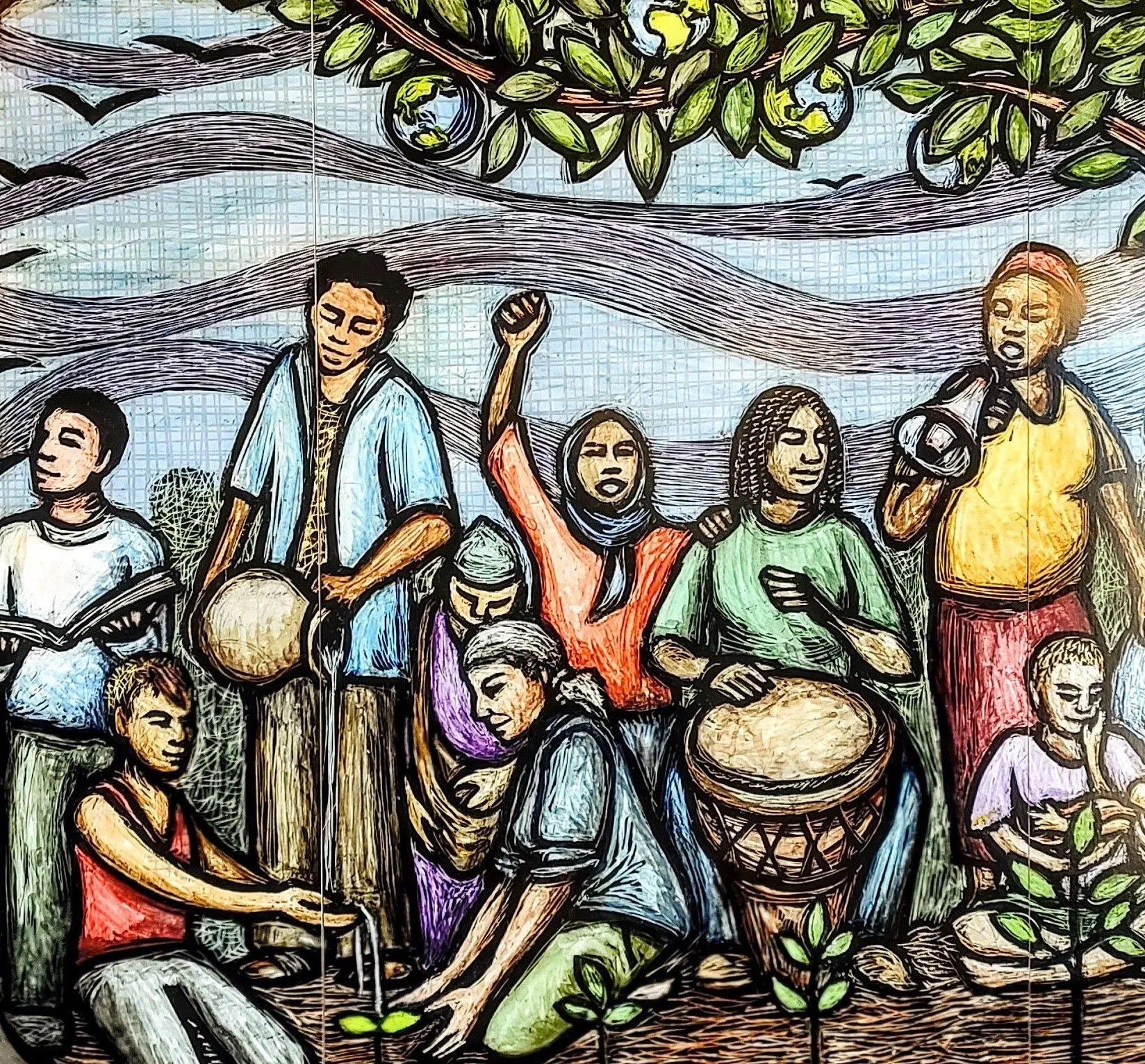
The Sociology Department is the 2022 President’s Diversity Award winner, reflecting our commitment to DEI issues in teaching, research, and service work.
Our department is committed to an intersectional and comprehensive understanding of diversity and inequality, and we offer courses in various areas of diversity, some of which have long been overlooked by other US sociology departments (e.g., disability studies).
Our curriculum emphasizes raising multicultural awareness, expanding knowledge of the impact of power and privilege, and teaching skills required for working with diverse populations.
Some examples of our diversity work include:
- Sociology faculty leading diversity efforts across campus
- Sociology faculty working closely with the student organizations committed to diversity: minority students, women’s organizations, lesbian, gay, bisexual, transgender, queer, intersex (LGBTQI) groups, students with disabilities
- Faculty pursuing training in Universal Design for Inclusive Teaching to meet students' diversified learning goals, accommodate students with disabilities, and flatten students' learning curve
- Offering undergrad and graduate certificates in “Sociology of Diversity”
- Faculty participating in panels and workshops and engaging the media to address recent controversial diversity and inclusiveness issues directly impacting students and marginalized communities on campus
- Sociology and WEST creating an inclusive gathering space in the 4th-floor foyer of the Academic Office Building and commissioning a mural symbolizing our support of and collective work around diversity and inclusiveness issues
- Increasing representation of ethnic-minority graduate students (by 194% since 2010, by 72% since 2014)
We Stand With the 2SLGBTQI+ Community
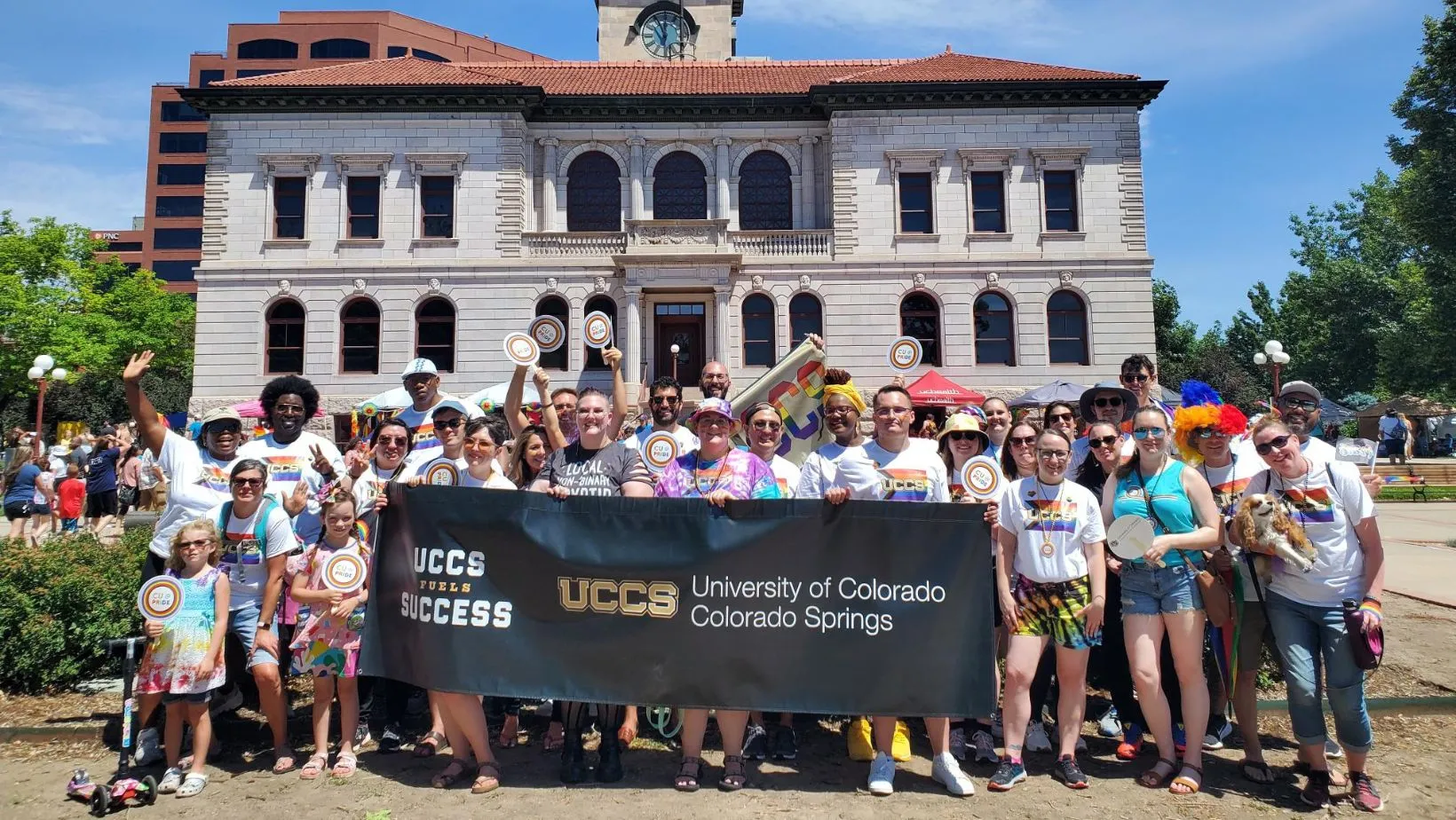
Club Q has provided a safe space of community and acceptance where our students and loved ones can proudly express their identities.
We deplore the violence at Club Q and condemn the patterns of violence directed toward historically marginalized groups, including 2SLGBTQI+ communities.
Such events strengthen our resolve to offer a supportive educational space and assist students and community members in developing diverse bodies of knowledge to sustain social justice movements that challenge hate and continue the processes of change and acceptance.
We stand in solidarity and healing with our 2SLGBTQI+ friends, colleagues, students, and loved ones.
Awareness for Missing & Murdered Indigenous Women
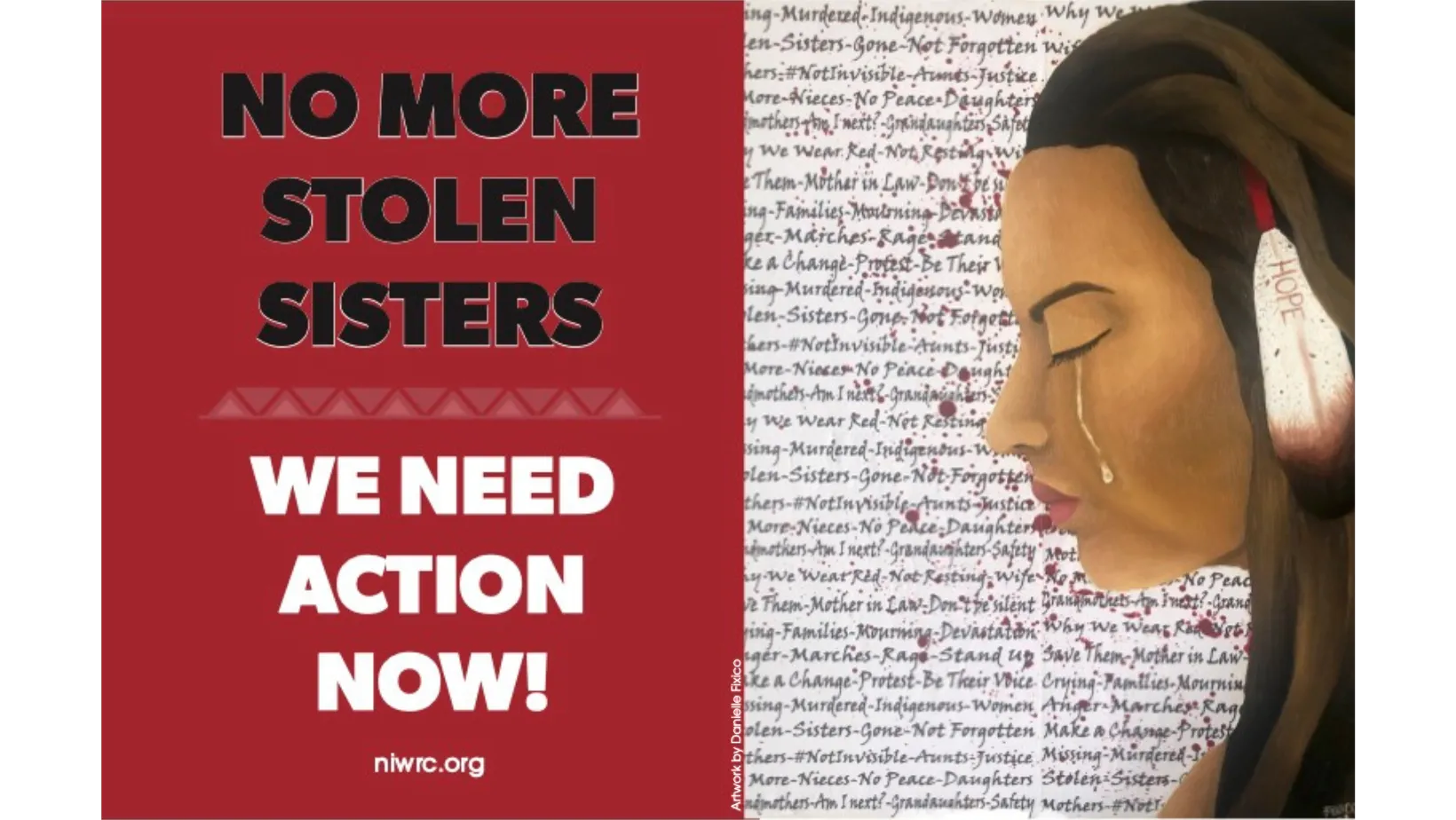
Indigenous communities in the United States are suffering from higher mortality rates from COVID and ongoing violence including disappearances and murders of indigenous women.
As incidents of violence against Black Americans, Muslim Americans, Asian Americans and Pacific Islanders, and Hispanic Americans have been widely and justly denounced across the nation, incidents affecting Native communities have often been less visible in our media.